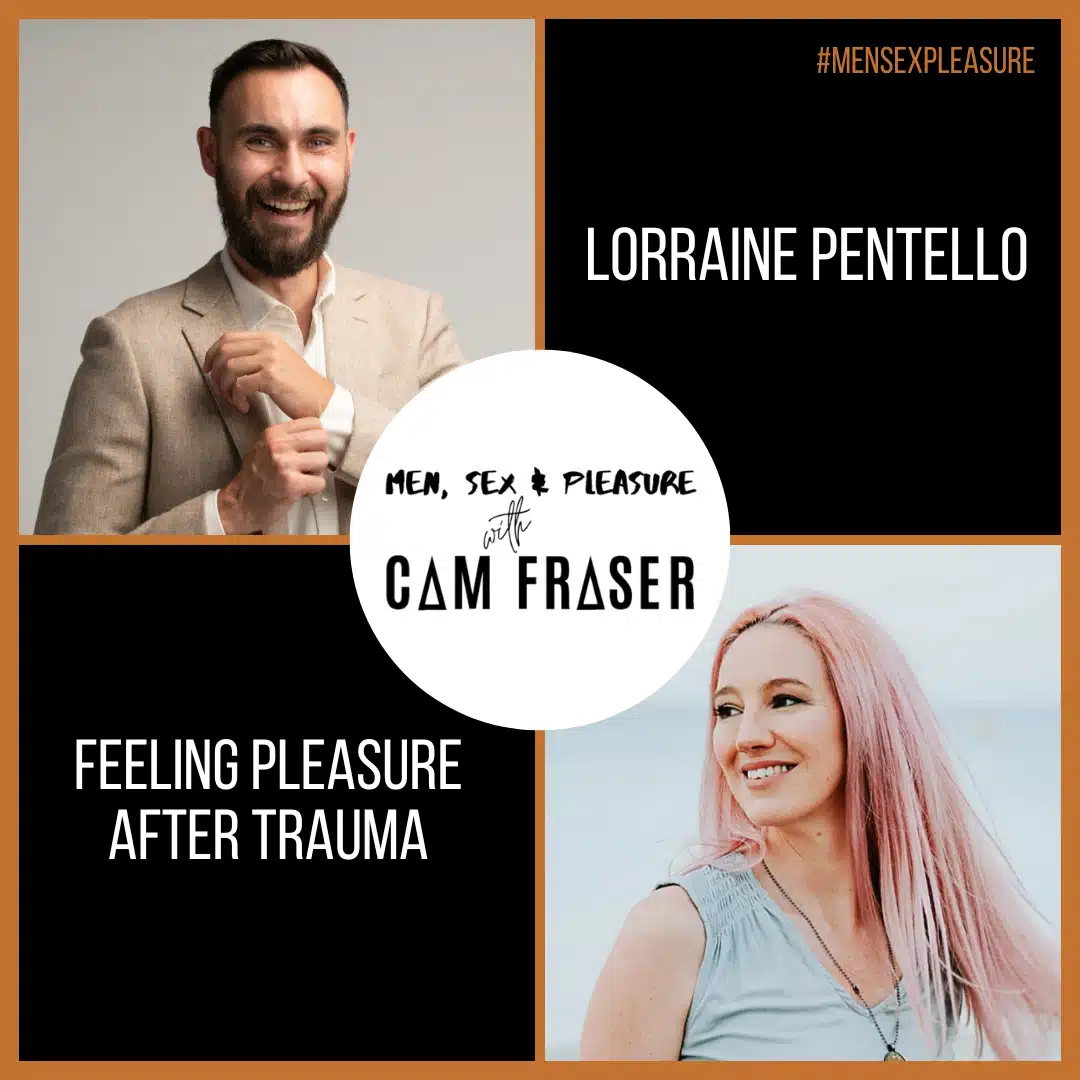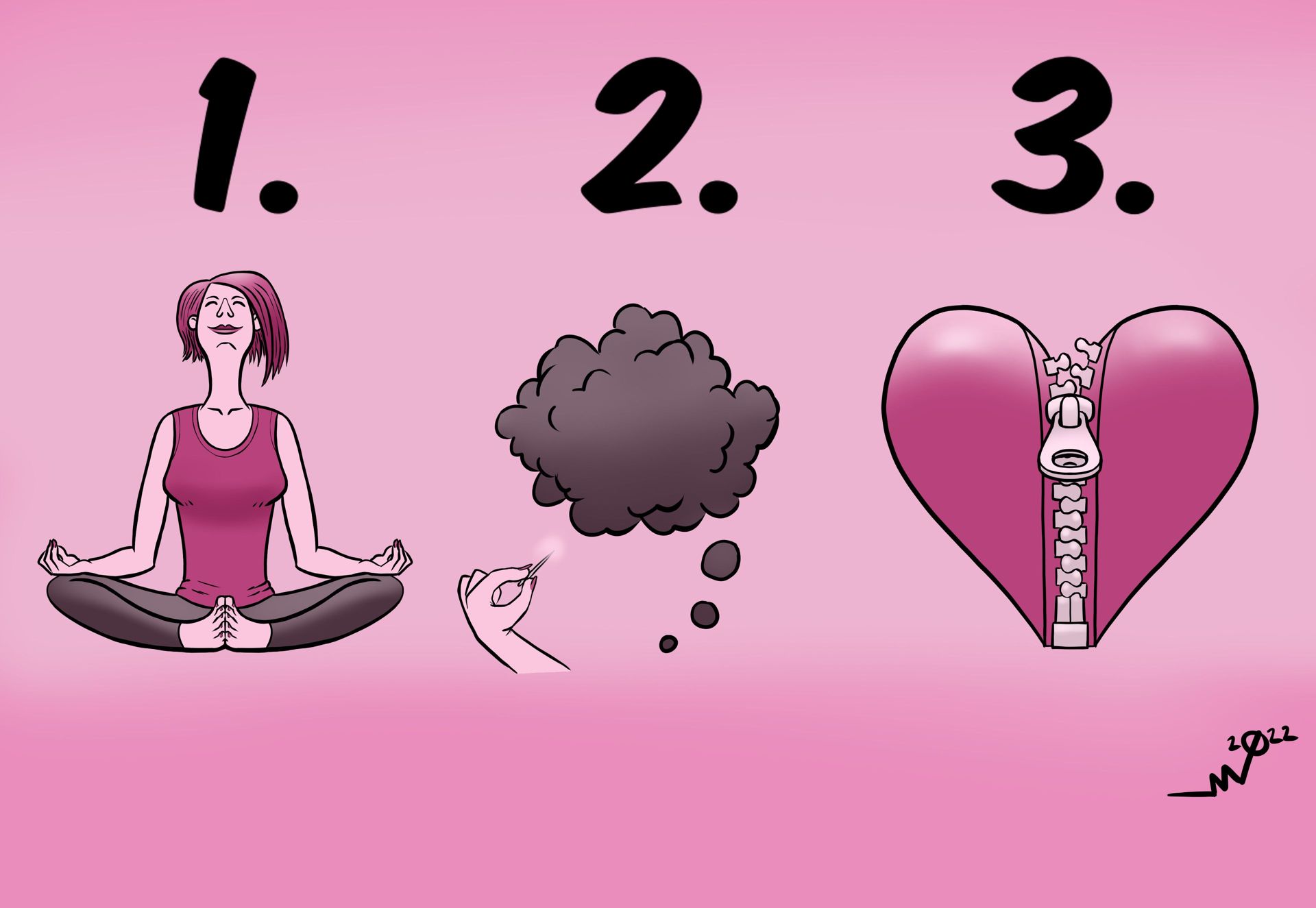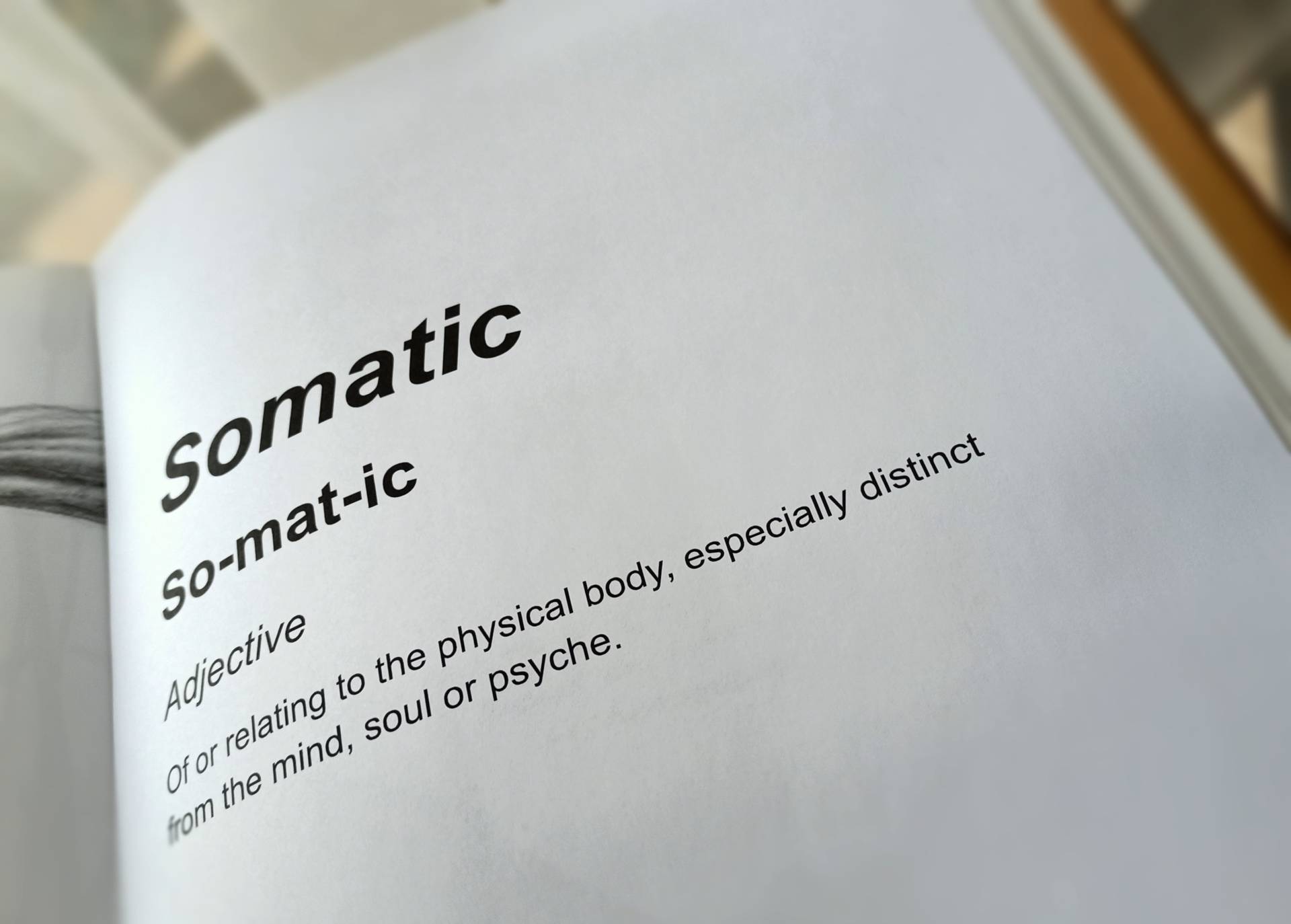The Dark Side of Make-Up Sex

Make-up sex can be a wonderful way to bring back reconnection after a rupture in a relationship, but if you feel like it’s become the only way to repair your relationship, then this might indicate a problem.
When Things Become Painful
Many years ago I was in a tumultuous relationship. My partner was always angry and sex seemed like the only way I could help him calm down. If he had a bad day at work, he’d come home looking to pick a fight; so I would initiate sex to keep the peace. Make-up sex eventually became the only time were intimate.
Things weren't like that in the beginning. It was a gradual decline that happened as the relationship progressed. I was very young and didn’t realise it at the time, but as the months rolled by I wasn’t having sex because I wanted it, but because I felt a subconscious responsibility to help him regulate.
Over time I found myself reflexively bracing against his touch. My body would contract and my pelvic muscles would lock up, making penetration painful. This pain continued for many years after that relationship ended, until I found resolution with Scar Remediation and EMDR Therapy.
How to Spot it
This type of interaction can be quite difficult to see at first. Especially when we are right in the middle of it. It took me many years of therapy to understand what had been happening in my mind and in my body as a result of that relationship.
Sometimes we don’t enjoy sex as much as our partner and that’s OK, but if it’s starting to upset you or physically hurt you then it is a problem.
Telltale signs are:
- Regularly finding yourself in arguments that lead to sex.
- Only ever having sex when there is an argument first.
- Feeling like your partner’s bad mood is your fault if you don’t want sex.
- Feeling pain during sex, especially if you’re not enjoying it.
Why Does this Happen?
Our brains are wired to conserve energy and go with what is the easiest option. If we do a particular thing a bunch of times it becomes second nature to do that thing everytime.
This means we can fall into patterns in our relationships without even realising it. If we’ve gotten used to solving issues with sex rather than words, this is the option we’re most likely to turn to.
If there is a history of abuse or trauma for one or both of the people in the relationship they can have what psychotherapist Pete Walker calls a ‘fawning response’. This is a learned behaviour of using sex or other forms of appeasement to stay safe during times of danger or stress.
Even if the situation with their current partner isn’t dangerous, when they sense discomfort or disagreement it may activate a fawning response. Causing them to initiate or go along with sex that they really don’t want. This process can often be invisible to one or both people involved. In the moment they may look like they are enjoying the sex, they may even be convinced they are, and only upon deep reflection realise they aren’t.
On the other side of the coin, one partner might be creating tension in the relationship in order to elicit sex. In some cases this could be intentionally manipulative behaviour, but in others it may be completely unconscious. In either case this is abusive, and can entrench their partner’s fawning patterns or even create new ones that weren’t there in the first place.
This isn’t About Gender
The stereotype is that it’s only women who feel the need to give sex to appease men, and that its only men who emotionally manipulate women into sex, but this simply isn’t true.
In my practice I’ve worked with men, women, non-binary and gender diverse folx who have been on either side of this equation regardless of their sexual orientation or relationship style.
What to do About it
This isn’t just about sex, its also about conflict resolution. By learning to deal with your disagreements without fighting, you can bypass the whole relationship pattern. Learning how to lovingly call your boundaries and ask for what you need, as well as hear your partner when they call a boundary and ask for what they need is integral to this.
Intimacy coach and developer of the ‘Wheel of Consent’ Dr. Betty Martin recommends learning with your partner by playing ‘The Three Minute Game’ together.
The game is pretty simple. First, you make a request and negotiate boundaries around something you would like to give or receive. Then you set a timer for three minutes and do what was negotiated, making sure to keep checking in with each other throughout. Afterwards you swap over and start again.
It is best to start doing this with non-sexual touch first, such as a back rub or foot massage, because this will tone down the intensity and take the pressure off for both of you. Once you become confident asking for what you want and feel comfortable calling boundaries, then try it with sexual touch.
Another way of working through conflict resolution and establishing boundaries is the ‘Yes/No Game’. It’s a lot like the ‘Three Minute Game’ except you don’t actually do the thing that is asked for.
This might sound silly and pointless, but hear me out. What this does is help you get used to hearing or saying a ‘yes’ or a ‘no': one of the most fundamental parts of setting boundaries.
Not having any expectations attached, creates a soft landing and takes the charge out of rejection. It can be a gentle place to start for people who find the idea of ‘The Three Minute Game’ a bit challenging.
Also I would encourage couples to call a moratorium on make-up sex until they have mastered these exercises.
You and your partner don’t need to do this alone. There are many different types of therapists and relationship coaches that teach communication skills and boundary setting. There are even workshops that you can attend both in person and online, such as the Curious Creatures’ workshop ‘Fun Little Sex Games’.
Conclusion
Make-up sex can be a wonderful way to reconnect with a partner after a rupture, but it isn’t the only way and it shouldn’t be relied on as a foundation for communication in an intimate realtionship.
Being able to call a loving boundary and communicate clearly is a sign of a healthy relationship. These are skills that can be learned and cultivated and can help to break the unhealthy patterns in a relationship that can lead to toxicity.


How to do Anal Massage Post Prostate Cancer Surgery
with Victoria Cullen

Case Study: Libido Restored Post Prostate Surgery!
with Victoria Cullen

Feeling Pleasure After Trauma
with Cam Fraser

What is Traumatic Dissociation?

Turning Down the Dial on Anxiety

Things to be Wary of When You are Experiencing Premature Ejaculation

How to Overcome Premature Ejaculation

Premature Ejaculation is Not a Disease!

The Dark Side of Make-Up Sex

How I Learned to Manage My Panic Attacks

Are You Worried About Your Libido?

Combining EMDR and Scar Remediation

What is Scar Remediation?

How to Make an Organic Castor Oil Pack to Treat Scar Tissue

What Are Scars? It Could Be the Answer to Your Chronic Pelvic Pain!

The Three Phases of Trauma Therapy

What is EMDR Therapy?

What is Somatic Sex Therapy?

What is Sexological Bodywork?

How to Resolve Pelvic Pain, Erection Challenges and Ejaculatory Issues Holistically
with Rahi Chun

Why I love guys who can't get it up
with Georgie Wolf

Sexual Healing
with Sean Nicholas

What Can I Do About My Protruding Inner Labia?
with Charlotte Sway & Roger Butler

Why Are Men Such Dicks?
with Charlotte Sway & Roger Butler

Can You Teach People How To Touch?
with Charlotte Sway & Roger Butler

